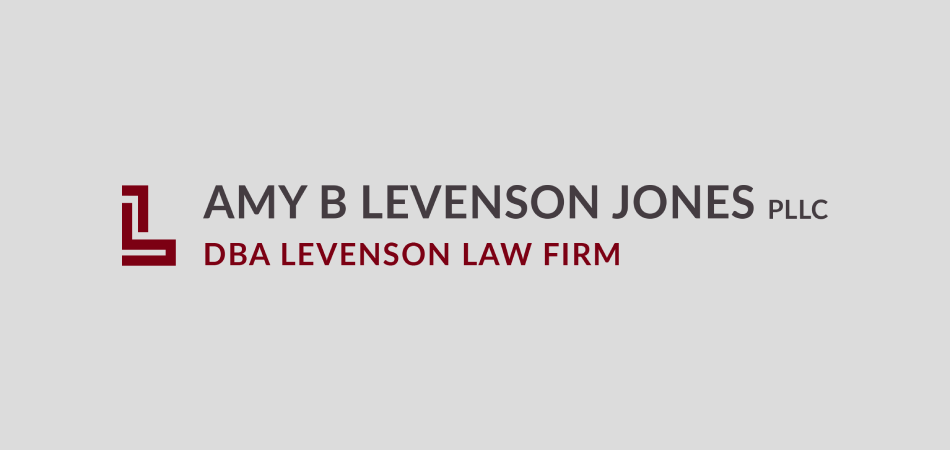|
|
Last Modified on Dec 24, 2025
Compared with armed robbery, which victimizes an individual, or embezzlement, which involves pocketing your employer’s resources, health care fraud probably doesn’t seem like a serious criminal allegation. After all, the victims of health care fraud are either massive insurance companies or, in some cases, the government.
Those who work at a medical facility or who operate a medical practice have to constantly struggle to keep their revenue higher than operating expenses. With inflation wreaking havoc on the cost of standard supplies and utility expenses, medical practices may find that their profit margin has started to shrink.
Although employing creative billing practices could increase your profit margin, doing so comes with a lot of risks. You could face accusations of health care fraud.
Federal law could lead to prosecution and financial obligations
Under the False Claims Act, anyone who participates in fraudulent billing practices or benefits from them could find themselves implicated in a health care fraud conspiracy. If the Justice Department brings charges against you or if a coworker initiates a qui tam lawsuit on behalf of the government, you could have a lot at risk.
A conviction for health care fraud could cost you your professional license, lead to massive fines and result in incarceration.
The False Claims Act allows the federal government to seek up to three times the amount that they paid in compensation from a convicted defendant. You could be subject to tens or hundreds of thousands of dollars in repayment obligations if you plead guilty or get convicted of health care fraud involving federal insurance programs.





